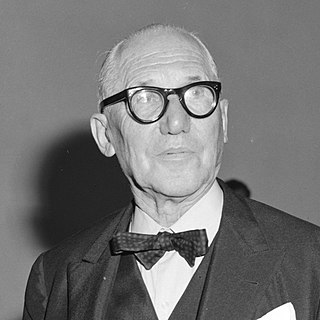A Quote by Norman Davies
I do belong to the club which doesn't see a distinction between academic history and popular history.
Related Quotes
What initially attracted me to The Seventh Seal was that it had values and characteristics which I was familiar with in other art forms, most notably, the European novel and certain forms on English drama, and indeed, in relation to my rather academic interest in history -- not "history" in the normal sense, but history as a form of entertainment . It might be a very unfashionable view but I believe that history is an amazing bank or reserve area of plots, characterisations, extraordinary events, etc.
I think what's surprised me most about the club is to feel that wherever you go, even when you go on holiday to a quiet place, you always find Man Utd supporters. It's something that you do not expect in some countries, yet we have them all around the world. Manchester United is a special and unique club because of its history. No-one has won as many trophies as we have in the English league. That history is something that you cannot buy. I think this club has a lot of great history and I feel very proud to be part of it.
One dictionary that I consulted remarks that "natural history" now commonly means the study of animals and plants "in a popular and superficial way," meaning popular and superficial to be equally damning adjectives. This is related to the current tendency in the biological sciences to label every subdivision of science with a name derived from the Greek. "Ecology" is erudite and profound; while "natural history" is popular and superficial. Though, as far as I can see, both labels apply to just about the same package of goods.
The settler makes history and is conscious of making it. And because he constantly refers to the history of his mother country, he clearly indicates that he himself is the extension of that mother country. Thus the history which he writes is not the history of the country which he plunders but the history of his own nation in regard to all that she skims off, all that she violates and starves.







































